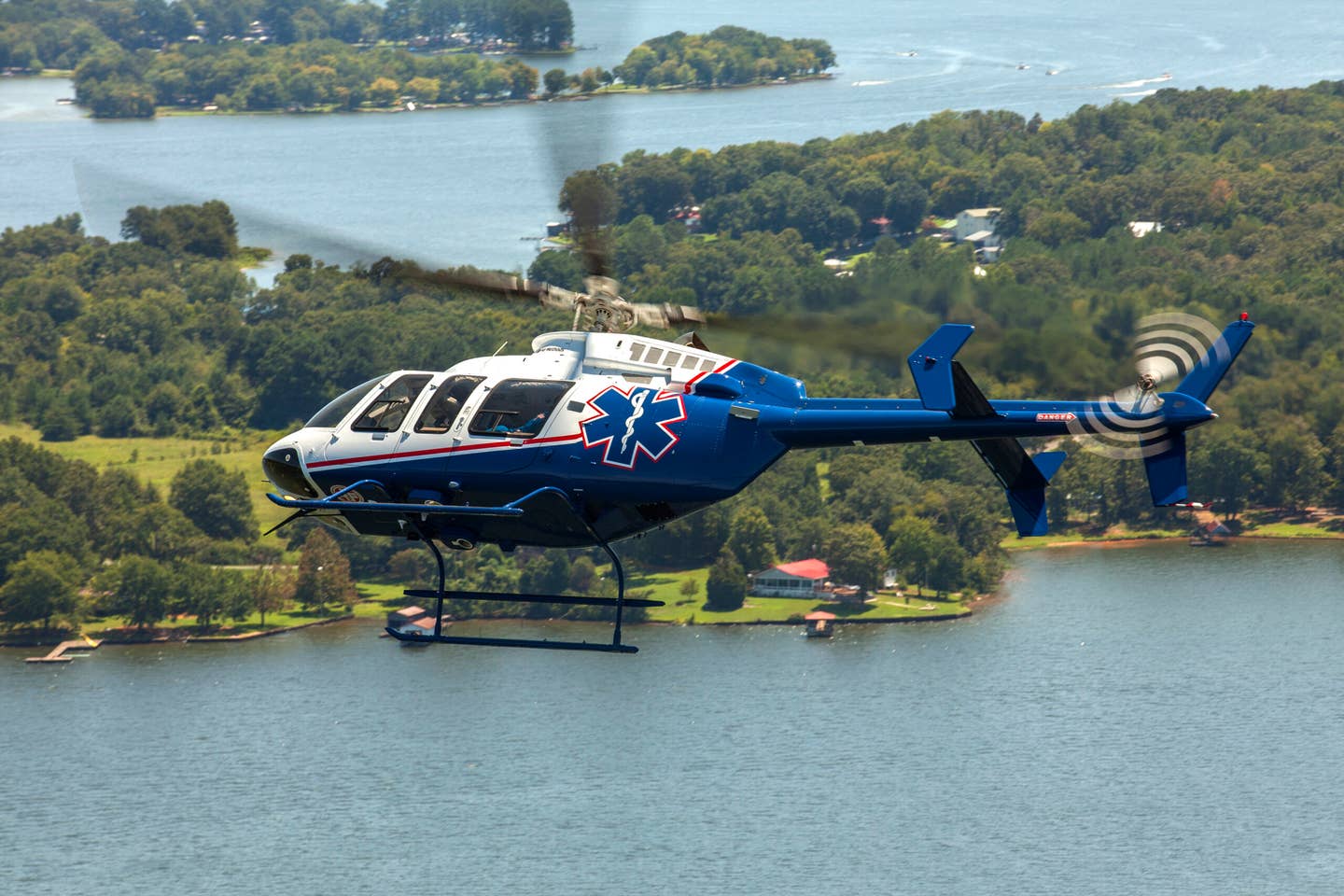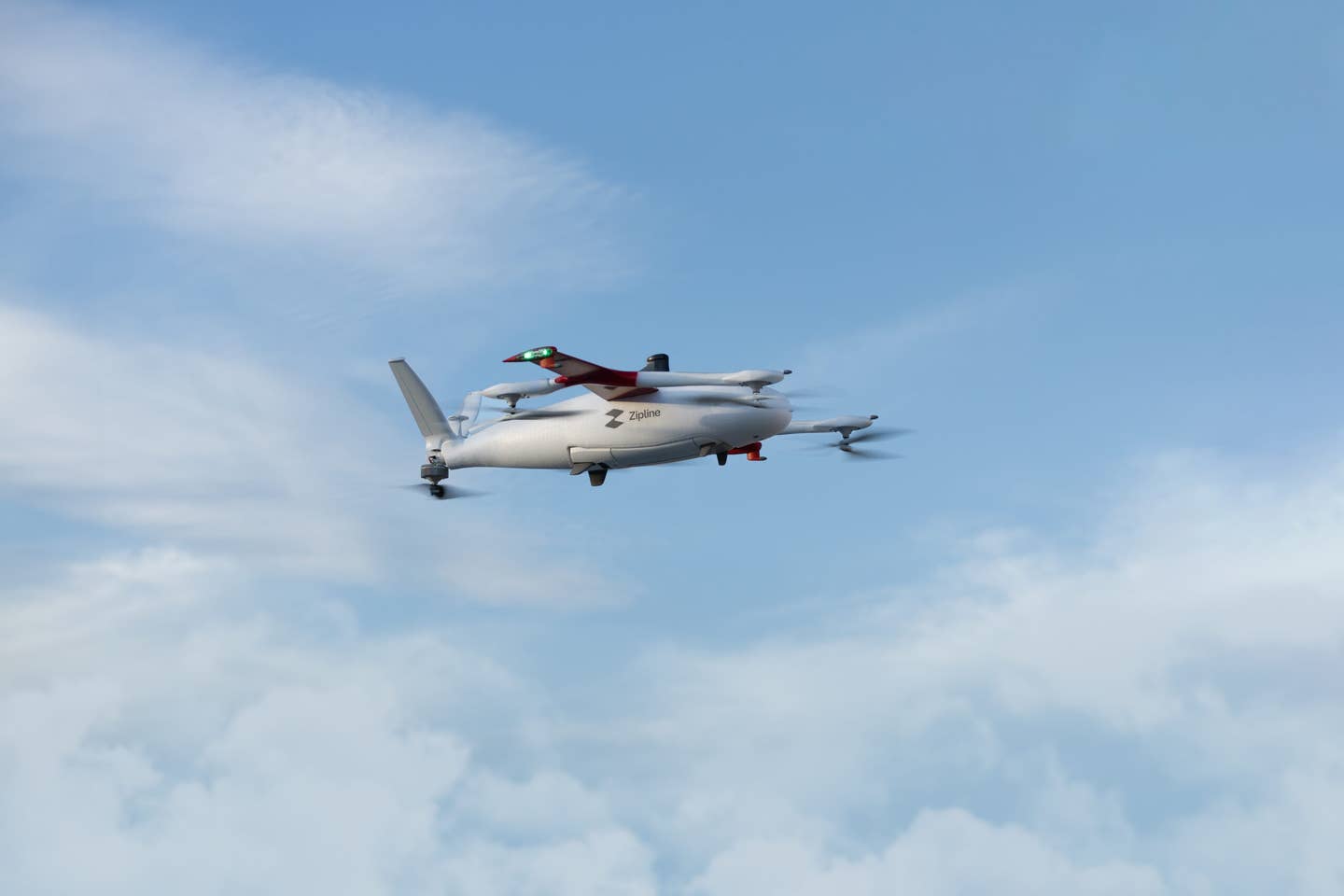
The FAA’s changes to the Pilot Records Database will now require a pilot’s consent before hiring employers can access information. Thomas Fengler/Pixabay
The Federal Aviation Administration (FAA) has now published a final rule (232-page PDF) that outlines regulations for the use of an electronic Pilot Records Database (PRD) to facilitate the sharing of pilot records among air carriers and other operators in an electronic data system managed by the FAA.
The final rule for the PRD requires air carriers and certain other operators to report pilot employment history, training, and qualifications to the database. The rule also requires air carriers and certain operators to review records contained in the database when considering pilots for employment. The final rule takes effect 60 days after it is published in the Federal Register, and—six months after the rule is published—operators must begin reviewing FAA records electronically in the database instead of submitting a form requesting records. One year after the rule is published, operators will begin to report and review records to the database, and those operators will have three years and 90 days to transition and fully comply with the rule.
The new PRD will include information such as FAA pilot certificates and ratings, FAA summaries of unsatisfactory pilot applications for new certificates or ratings, FAA records of accidents, incidents, and enforcement actions, records from employers on pilot training, qualification, and proficiency, pilot drug and alcohol records, final disciplinary action records, pilot records concerning separation of employment, and verification of pilot motor vehicle driving records.
The FAA stated in the final rule that it applies to “air carriers, specific operators holding out to the public, entities conducting public aircraft operations, air tour operators, fractional ownerships, and corporate flight departments” as it identifies the air carriers and operators required to access the PRD to evaluate the available data for each pilot candidate prior to making a hiring decision. The FAA uses the term “corporate flight departments” to reference operators of two or more aircraft conducting operations in furtherance of or incidental to a business, solely pursuant to the general operating and flight rules in Part 91 or operating aircraft under a Letter of Deviation Authority.
The Pilot Records Database Notice of Proposed Rulemaking (NPRM) was published on March 30, 2020, with the FAA receiving approximately 800 comments. Many of those comments came from members of the National Business Aviation Association (NBAA) who expressed a number of concerns with the NPRM as initially written.
During a targeted advocacy effort, NBAA and its members expressed concerns over how elements of the proposed PRD would apply to business aviation, including the agency’s focus on establishing a single definition for the term “corporate flight department.”
“This rule reflects a more risk-based approach to safety and demonstrates that our community effectively made its voice heard during the rulemaking process,” said NBAA president and CEO Ed Bolen. “We appreciate the FAA’s careful review of the hundreds of comments submitted by NBAA members. The business aviation community stands for safety, and working together, we have determined the best way to address the agency’s aims, without introducing needless reporting requirements that do not have a clear safety benefit.”
An important aspect of the final rule is that employers cannot search the PRD indiscriminately, as an operator that wishes to view records can see a pilot’s record only if that pilot has granted consent to that hiring employer. “The PRD will contain the required operator and FAA records for the life of the pilot and will function as a hiring tool that an operator will use in making decisions regarding pilot employment,” the final rule states. “Pilot consent is time-limited and the duration is specified by the pilot. The FAA anticipates the PRD will improve pilot privacy because only specific data elements are required to be submitted, in contrast to current practice under PRIA, in which pilot records are exchanged in their entirety.”
Pilots holding an FAA commercial or airline transport pilot certificate with a current medical can now register in PRD and see their FAA records. Air carriers that chose to use the PRD now as part of the hiring process may require pilots to use the PRD to grant consent for them to see the pilot’s FAA records as part of the hiring process, FAA said.
An important note on this final rule and the new regulations regarding the PRD is that it only applies to individuals certificated by the FAA at the commercial or airline transport pilot level. “The PRD is not for use by all levels of certified pilots,” the FAA explains. “The PRD was developed specifically for use by airmen holding a commercial or ATP certificate along with a current medical certificate. Only these appropriately rated pilots who are seeking employment as an air carrier pilot are authorized for PRD use and will be admitted into the system.” Additionally, anyone with an expired or denied medical certificate may be rejected for PRD registration for the PRD as well as an incorrect airman certificate date of issue. To confirm the status of your medical certificate and/or the date of issue of your airman certificate, pilots can call FAA Airmen Certification toll-free at 866-878-2498 or visit FAA’s Airmen Inquiry Page.

Sign-up for newsletters & special offers!
Get the latest FLYING stories & special offers delivered directly to your inbox






